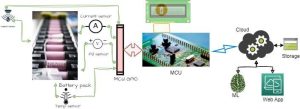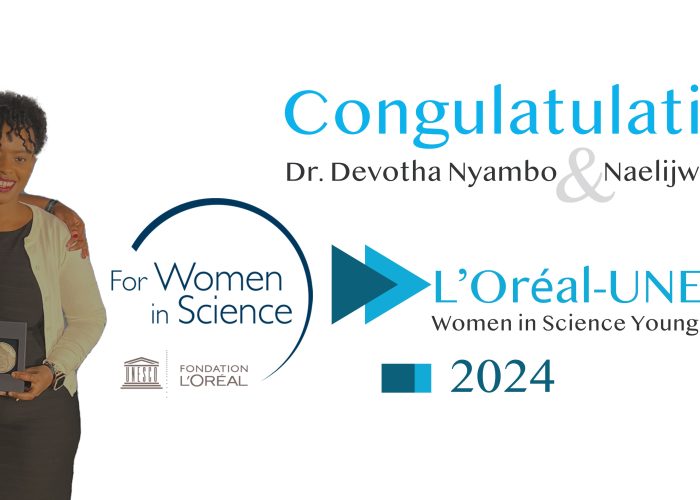
Welcome Note
Welcome to Life Sciences and Bioengineering
It is a great pleasure for me to welcome you all to the School of Life Sciences and Bioengineering (LiSBE) at The Nelson Mandela African Institution of Science and Technology (NM-AIST) in Arusha, Tanzania. The school of LiSBE is dedicated to address challenges caused by the diversity and complexity of living systems, and real-life problems that affect livelihood of the people in the Sub-Saharan Africa (SSA) and globally at large.

Our School is equipped with the state-of-the-art-laboratories and learning facilities as well as world class faculty, all of which make it occupy a premium position and respect in SSA especially in offering highly specialized, research-intensive post-graduate (Masters, PhD) degrees and Post-doctoral research associate-ships. Arusha, where the NM-AIST is located, is a hub of biodiversity and tourist activity.

Stay Updated with the Latest News, Events, and Innovations from our School
In the dynamic world of Life Sciences and Bio-Engineering, innovations and advancements occur at a rapid pace. Our "What's Happening?" section aims to keep you informed and engaged with the latest news, events, and developments from our school. Dive in to discover the cutting-edge research, exciting events, and opportunities that shape the future of our field.
Short Course
Safety, Quality, and Fraud
Viva Voce Announcement – Mr. George Peter Semango
This is to inform you that the School of Life Sciences and Bio-Engineering of the Nelson Mandela African Institution of Science and...
Research Impacts
Advancing Knowledge and Innovation in Life Sciences and Bio-Engineering
Winning Awards
Recognizing Achievements in Life Sciences and Bio-Engineering
Intelligent Fruit Fly Trap: An automated system for monitoring Oriental fruit flies (Bactrocera dorsalis) in mango farms
Research Problem Manual inspection of the pests (Bactrocera dorsalis) in large mango farms to estimate the infestation levels is time-consuming...
Professional Opportunities
We believe in fostering talent and providing our students with opportunities to excel in their respective fields.
- Specializes in the study and development of new materials, including metals, ceramics, polymers, and composites.
- Specializes in the study and development of new materials, including metals, ceramics, polymers, and composites.
- Specializes in the study and development of new materials, including metals, ceramics, polymers, and composites.
- Focuses on designing and implementing energy-efficient systems and technologies, including renewable energy sources.
- Specializes in the management, conservation, and treatment of water resources, including wastewater treatment and water supply systems.
- Studies the impact of human activities on the environment and develops strategies for environmental conservation and sustainability.
- Provides expert advice on environmental issues, regulations, and compliance to businesses and organizations.
- Works to develop and implement sustainable practices and policies within organizations to reduce environmental impact.









 Visit Today : 1730
Visit Today : 1730 Visit Yesterday : 3899
Visit Yesterday : 3899 This Month : 13315
This Month : 13315 This Year : 316327
This Year : 316327 Total Visit : 486161
Total Visit : 486161